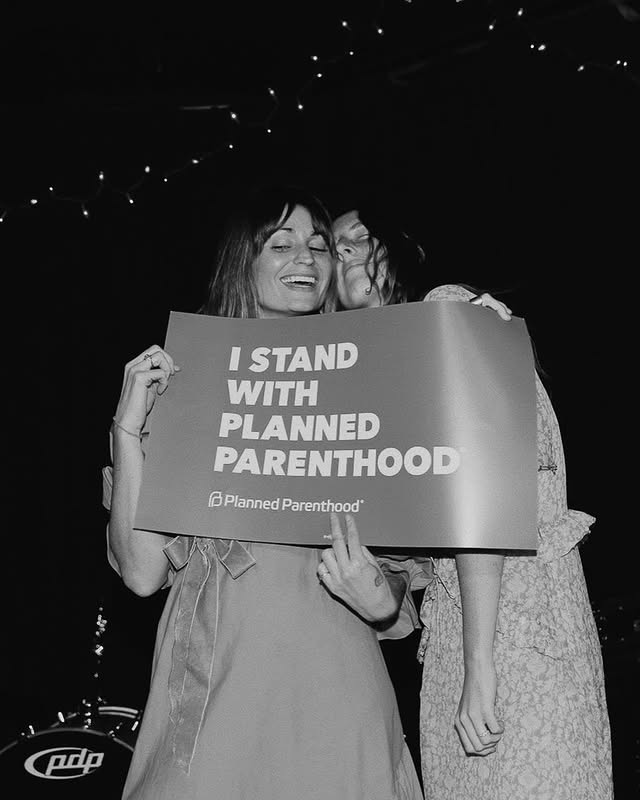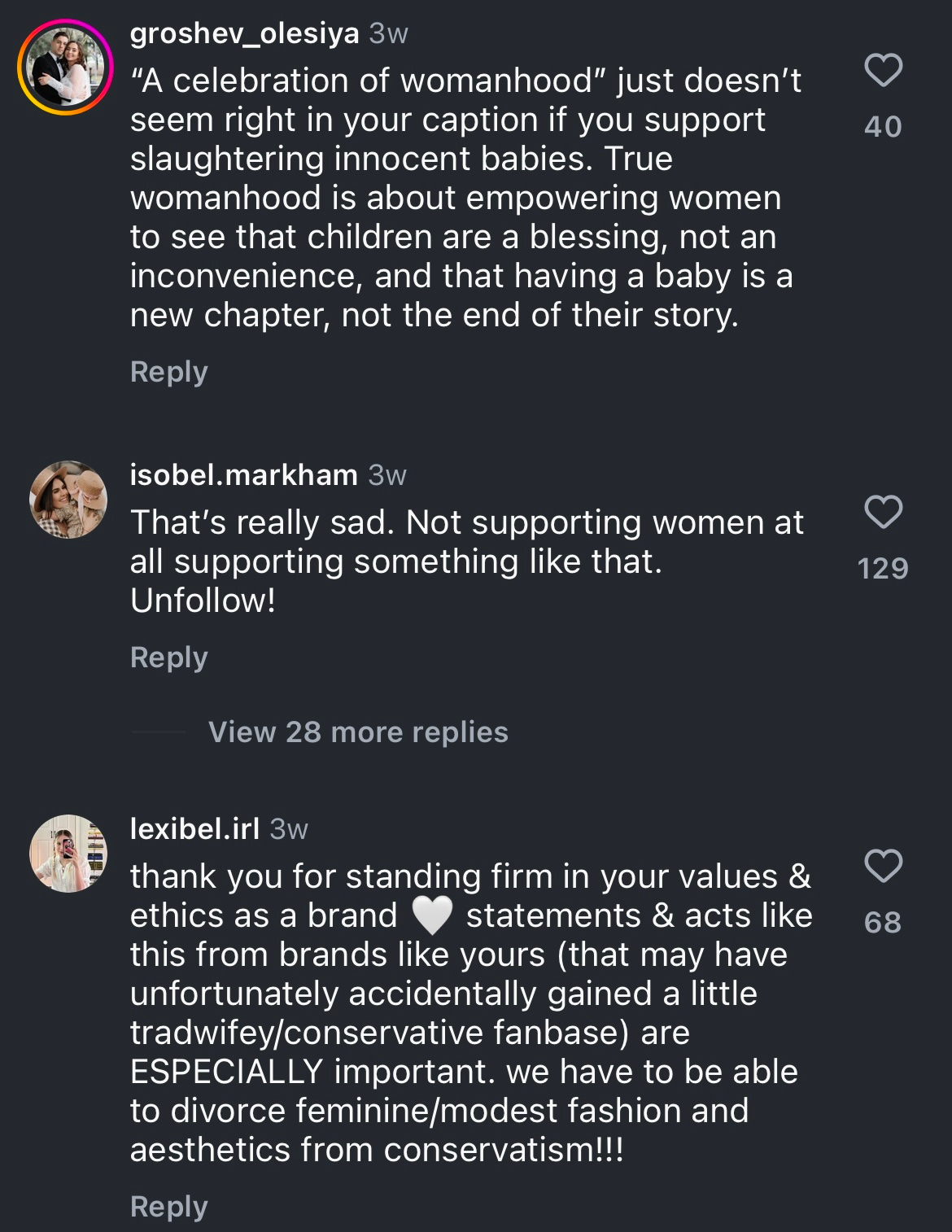Performative Charity
Why donating to Planned Parenthood as a female-centric business isn’t a flex
The other night as I drove the weary hour-long drive home after having worked a 13 hour shift at my women’s health job, I was listening to a women-hosted podcast that started out the show by mentioning a very large donation they had made to The Center for Reproductive Rights, a “women’s health” organization. There was banter about the significance of the work done at such organizations and how these rights are now jeopardized. The usual.
I was reminded that the generic slogan of “Support reproductive rights” doesn’t actually mean the holistic picture of what the reproductive spectrum encompasses as a whole, it means support of acts which aid in the management and manipulation of the implications of a womanhood enmeshed in carnality for various (often understandable, to be fair) reasons. “Support women rights” doesn’t always mean support female needs. It often means support male desires, support economic growth, and support the continued dilution of feminine power.
In this same vein, “support women” is now just code for just “support abortion” and I find it irritating that so many women are either just not picking up on this or simply have no qualms with it. This follows how “women’s rights” is simply code for “the right to not reproduce”. There is a deep and vast void of true support for what “women’s rights” actually encompasses, the support that would include mothering and all of the other aspects of reproductive health that play into the process of being a mother. That support should also include babies and children, as they are extensions of the women who birth them during their childhoods. Forget true sex-based rights for women, we seem to only want the one right that enables us to distance ourselves from our sex.
“Support women” is the familiar phrase we hear served up to us by our fellow women, friends, family, and also even in advertising via companies we buy goods from. Enter Doen. On Giving Tuesday of this year, they posted the following post on Instagram, stating that they had proudly donated $15,000.00 to Planned Parenthood L.A., their “longtime partner”. The reaction was mixed.
Doen makes very expensive, very beautiful clothing. Their garments are worn by many celebrities and are beloved among the women who can afford them (and some who can’t). Their brand is the center of a thriving buy-sell-trade market, with many Facebook groups, Instagram reselling accounts and sales on Poshmark supporting this market. They basically have a cult following made up of trad-wife adjacent, cottage-core-ish, vintage-repo-loving women, many of them mothers. They even make matching dresses for little girls sometimes, clearly on the premise that a large part of their demographic is comprised of mothers. Below is a good representation of what their customers thought about their choice of charity:
It is curious that female-centric companies such as Doen choose to very consciously and strategically focus their charitable efforts on organizations that make manipulation of female reproductive existence their primary goal (to be fair, the above mentioned Center for Reproductive Rights does list maternal health as one of their causes, but this is right alongside abortion and assisted reproductive technology—and the majority of their website focuses on abortion).
Keep reading with a 7-day free trial
Subscribe to Women's Work to keep reading this post and get 7 days of free access to the full post archives.






